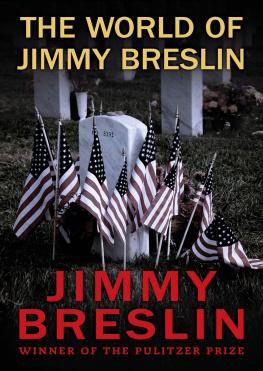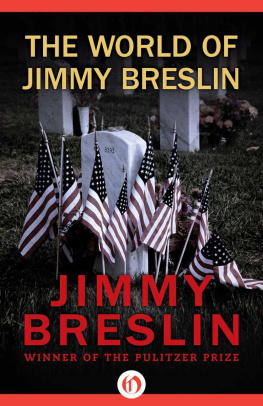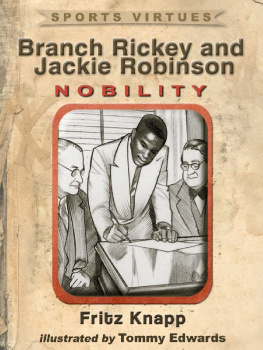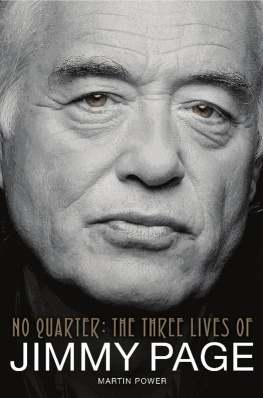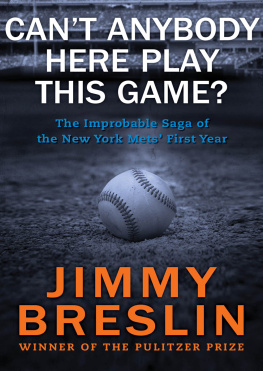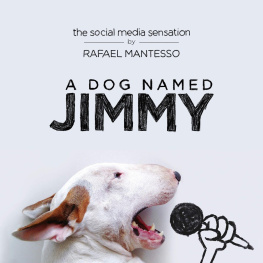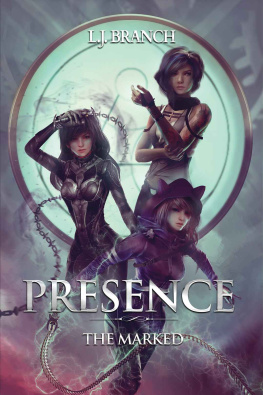Table of Contents
PUBLISHED TITLES IN THE PENGUIN LIVES SERIES
Karen Armstrong on the Buddha
Larry McMurtry on Crazy Horse
Sherwin B. Nuland on Leonardo da Vinci
Nigel Nicolson on Virginia Woolf
Jonathan Spence on Mao Zedong
Marshall Frady on Martin Luther King, Jr.
Peter Gay on Mozart Edna OBrien on James Joyce
Roy Blount, Jr., on Robert E. Lee
Garry Wills on Saint Augustine
Douglas Brinkley on Rosa Parks
Carol Shields on Jane Austen Paul Johnson on Napoleon
Elizabeth Hardwick on Herman Melville
Bobbie Ann Mason on Elvis Presley
John Keegan on Winston Churchill
Thomas Cahill on Pope John XXIII Mary Gordon on Joan of Arc
Ada Louise Huxtable on Frank Lloyd Wright
Martin Marty on Martin Luther
Thomas Keneally on Abraham Lincoln
Edmund White on Marcel Proust
Laura Shapiro on Julia Child
Louis Auchincloss on Woodrow Wilson R. W. B. Lewis on Dante
Francine du Plessix Gray on Simone Weil
Patricia Bosworth on Marlon Brando
Wayne Koestenbaum on Andy Warhol
Jane Smiley on Charles Dickens
Robert V. Remini on Joseph Smith
Kathryn Harrison on Saint Thrse of Lisieux
Tom Wicker on George Herbert Walker Bush
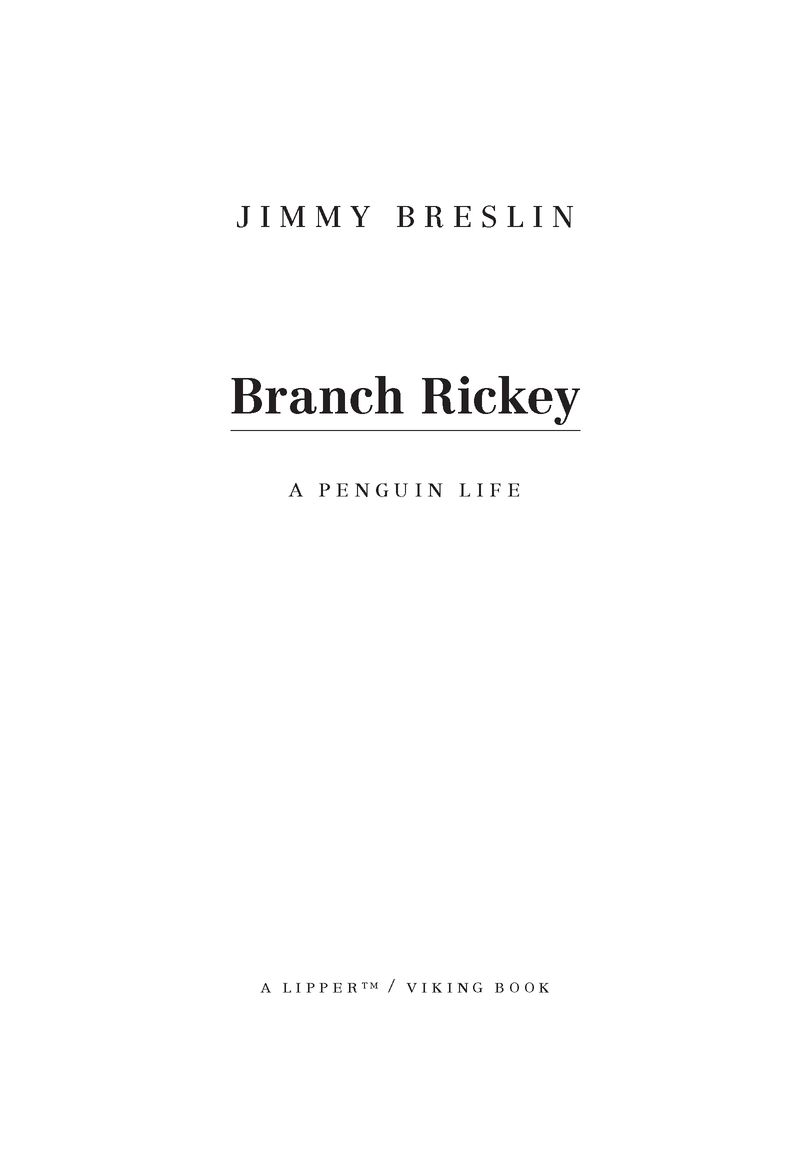
For Charles V. Feeney, aka Pally
PROLOGUE
Beautiful. When they ask me to write a book about a Great American, right away I say yes. When I say yes I always mean no. They ask me to choose a subject, and I say Branch Rickey. He placed the first black baseball player into the major leagues. His name was Jackie Robinson. He helped clear the sidewalks for Barack Obama to come into the White House. As it only happened once in the whole history of the country, I would say that is pretty good. Then some editors told me they never heard of Rickey. Which I took as an insult, a disdain for what I know, as if it is not important enough for them to bother with.
So now I had to write the book.
Simultaneously, I had a problem for a writer as bad as sprained hands. The rule I followed from my first day as a copyboy in the sports departments was that you couldnt write about a game unless you went to see it. These people who tried reporting by watching television were killing readers with lifeless stories. It still is like this, except there are many fewer readers to murder.
The trouble is, I spoke to Branch Rickey only once in my whole life. I am with my friend Rusty Wilde at Ebbets Field, where maybe two hundred spectators sit in a big rainstorm watching the Brooklyn Dodgers football team play against the Chicago Rockets. I was a copyboy after school at the old Long Island Press and got the tickets from the sports department. The newspaper is gone as are both teams.
Into the seat behind me comes Rickey, the Dodgers owner, in a yellow slicker, with lackeys to the left and right. He says, Hello, boys. I am on my high school football team and must show how much I know. I ask him why his star quarterback is playing what was known as a single wing formation. They start each play by passing a wet ball back to him, and in all this mud you cant handle the ball so good.
He ought to be in a T, I say. We got the best T quarterback ever to live from around here.
Rickey says, Who is that?
I say, Sidney Luckman.
Rickey says, Ive heard of him. He was playing me for a fool. Luckman was already a legend.
I say, He comes out of Erasmus Hall High. At Flatbush and Church. My uncle took me to see him play Lincoln, down by Coney Island. I was as smart as they come. Rickey now ignores me and I dont pick up half of what I could have. I wanted to go back to the sports department at the school newspaper and show off with what I heard him say. When I did overhear him, I concentrated totally on every word. I hunched over and wrote a couple of key words on a sheet of copypaper that was folded in three. That was the way the big reporters did it. The paper was cheap city room newsprint. I wrote concept of education? and leading characteristic match their ability. If I had paid attention like this in school I would have had a full scholarship to Oxford.
I never saw Branch Rickey again and now I am going to write a great book about him. I was sure I had a lifesaver. Jack Lang, whom I know for maybe fifty years, has been writing newspaper stories about Rickey for a long time. I am going to see him next week. Then I am in the shower and my wife hollers, Jack Lang died. I said a prayer. After a period of mourning, I started again. I called Emil Buzzie Bavasi at his home in San Diego. He was an assistant to Rickey and was in the room when they decided to bring up Jackie Robinson. Come out and well go over the whole thing, he said. Two days later I pick up the paper and read that Buzzie died.
I figured I would be able to rely on big-name historians whom I have yet to read and that this would be immensely pleasurable. And then I read the books. History writers should be put not in the jail but under it.
The only books on the subject you can tolerate are Branch Rickey: American in Action, by Arthur Mann; Branch Rickey: Baseballs Ferocious Gentleman, by Lee Lowenfish; First Class Citizenship: The Civil Rights Letters of Jackie Robinson, edited by Michael Long; Branch Rickey, by Murray Polner; Jackie Robinson, by Arnold Rampersad; Baseballs Great Experiment: Jackie Robinson and His Legacy, by Jules Tygiel; and Notes on Duels and Duelling, by Lorenzo Sabine. As you read them, you become exhausted realizing the work these men have done. Polner is a friend, but I would save and reread his work even if I hated him.
In addition to reading, I used my two legs, which always have taken me through confusing jobs. Walk the streets, find old addresses, climb stairs, go to a nursing home or a saloon. Find somebody whose grandfather was there. Listen.
I also bring to this book, readers all, a full love of topic, plus humor and skepticism. Herewith, a look at the life and times and accomplishments of Branch Rickey.
CHAPTER ONE
This is a January morning in 1943 and Wesley Branch Rickey is standing outside his house at 34 Greenway South in Forest Hills Gardens, Queens, New York City. At age sixty-one, his hair remains thick and dark. His eyebrows jut like rocky ledges, like something from an old photo of John L. Lewis, the labor leader. Rickeys face shows eagerness and excitement even after all his years in baseball. He has asked God for help and believes that is exactly what is happening now.
Delightful chimes only Rickey can hear come from high in the sky, sounding softly and clearly through the bare limbs of the trees lining the street. He waits in cold, fresh air for his ride to downtown Brooklyn, where he runs the Dodgers baseball team. While this does not sound so vital, especially in time of war, today he is doing the work of the Lord with all his heart and mind and these large, gnarled hands he waves. He is going to a crucial meeting with the banker who holds the mortgage on the Dodgers baseball team.
Rickey carries with him a Midwestern Christian religious fervor as strong as a wheat crop, and a political faith in anything Republican. Already he is a familiar figure at his new church in Queens, the Church in the Gardens, only steps down the narrow street from his house. It is a place of worship as lovely as it sounds, built with stone from Europe. On Sundays, Branch Rickey brought with him to church a prayer book and a background of Methodist studies from Ohio Wesleyan University, and sometimes he delivered the sermon. In one, he announced he was here to run the Brooklyn Dodgers and to serve the God to whom they prayed, and the Lords work called for him to bring the first black player into major league baseball.




